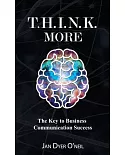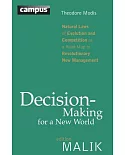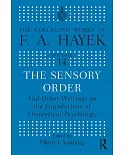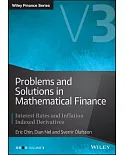The 1720 financial market collapse is one of the most famous in history, and is mentioned every time a market crashes, even as recently as the the credit crunch of the early 21st century.
Grimacing at the conventional explanation of gambling mania, Paul (economics, U. of Southampton, Britain) assembles and processes numbers such as share prices and stock ledgers, but also looks
at the wider scheme of the South Sea Company, its trading activities, and social context. She does complement the mathematics with behavioral finance theory, which takes techniques from
psychological research to investigate financial decision making. Among her topics are the stock market in early modern England, financial innovation and trade, the Bubble and the crash, reasons
to invest in the South Sea Company, and real effects of the crash. Annotation 穢2010 Book News, Inc., Portland, OR (booknews.com)





















